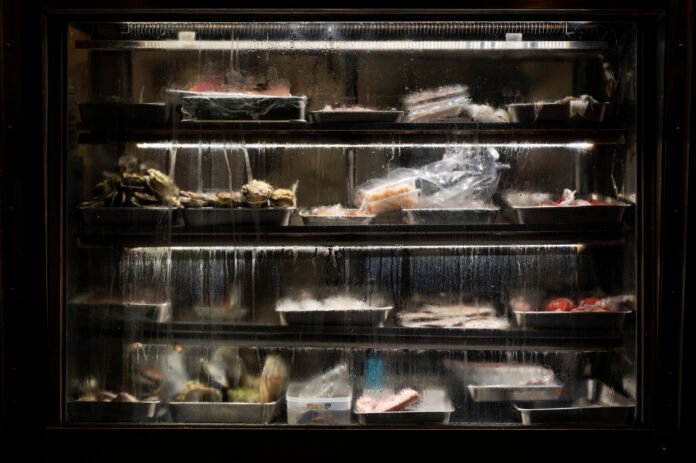In India, a cold room business may definitely be successful because of the nation’s unique agricultural geography, rapid urbanization, and growing demand for perishable goods. Cold capacity warehouses are essential for preserving and extending the shelf life of various perishable goods, such as dairy, vegetables, fruits, and medications. This study examines the potential profitability of the cold room trade in India.
Request Details: A significant portion of India’s GDP is dependent on agriculture, which is a never-ending and dynamic divide in the country. Nevertheless, post-harvest calamities brought on by understaffed offices continue to be a formidable obstacle. This problem is solved by cold rooms, which provide a regulated atmosphere that slows down the rotting and maturing process of perishable goods.
Promote Evaluation and Growth: There is a growing need for cold capacity offices in India for the following reasons:
Changing Buyer Inclinations: As lifestyles develop, there is an increasing need for comfort foods, such as vegetables, solidified natural goods, and ready-to-eat dinners, all of which require cold storage.
Online shopping Boom: In order to maintain product quality throughout transportation and storage, cold chain foundation is now more important than ever due to the growth of online basic supply delivery platforms.
Pharmaceutical Industry: The need for cold capacity space is exacerbated by the necessity of cold capacity offices for the storage of organic materials, antibodies, and temperature-sensitive medications.
Government Activities: A variety of government initiatives to improve nutrition supply chains and reduce post-harvest losses are driving demand for cold capacity frameworks.
Operational Considerations: Although the showcase potential appears excellent, a few operational aspects need to be carefully considered in order to execute a profitable cold room trade.
Location: Selecting the right space is fundamental. It should be conveniently close to transit hubs, high-agriculture areas, and metropolitan areas where demand from buyers is high.
Basis: Maintaining optimal capacity circumstances and anticipating degradation requires investing in quality framework, which includes temperature monitoring innovations, backup power generators, and trustworthy refrigeration frameworks.
Administrative Compliance: To ensure food security and item quality, cold capacity offices are subject to several rules and standards. It is vital to follow these instructions, even if it means making advancements in hardware overhauls and preparation.
Trade Demonstrate: You may differentiate your cold room business and attract more customers by promoting value-added services such impact solidifying, repackaging, and stock management.
Reasonability of Budget: While the initial financial outlay for opening a cold capacity office may be significant, there is a significant chance of long-term gain. Typical revenue sources include product storage fees from customers, service fees for additional services, and even revenue-sharing agreements with farmers or retailers.
In conclusion, the agricultural conspicuousness of India, evolving patterns of use, and consistent government policies make the cold room commerce in that nation a potential possibility. To succeed in this market, one must prioritize preparation, follow quality standards, and never cease improving in order to satisfy evolving showcasing demands. Business visionaries may build a profitable journey while enhancing the effectiveness and sustainability of India’s food supply chain by carefully considering these factors.











